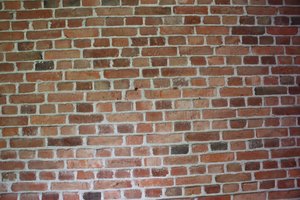
Cows recycle the nitrogen they eat and share it with us in their milk as true milk protein.
As well as other N containing compounds like milk urea, which has this molecular formula …CH4N2O
Nitrogen is also excreted from their bodies in their urine, again as urea.
This represents a loss and a missed opportunity for the dairy farmer to convert more of the dietary protein he/she is paying for into a saleable product …milk protein.
And of course there are the environmental concerns. Where does all that urine N end up?
Phil Beatson and is team at CRV Ambreed are busy addressing this issue.Read here for further detail.
Their solution involves breeding low MUN [Milk Urea Nitrogen] bulls to help reduce the amount of nitrogen leached into the environment from a herd over time.
But using genetics as a way to influence protein metabolism in dairy cows is only one option.
There are other things we can do. Such as ….
- matching the highly soluble and rumen degradable N in grass with a corresponding fermentable carbohydrate source..like starch, sugar or fibre… so more grass protein and non protein nitrogen [NPN] can be converted into rumen bug protein.
- encouraging Dairy Companies to test and pay a premium for true milk protein, not just total N. This includes other N containing compounds like urea, amides and amines. It would give you the dairy farmer more incentive to try different feeding practices.
- supplying small quantities of the missing ‘bricks’ ..if you think of true protein as a brick wall made up of different sized and shaped bricks [amino acids], there are some that the rumen bugs can’t make themselves…e.g. the sulphur containing amino acid methionine. You will see an increase in production as well as a reduction in urinary N. Access to cheaper higher quality protein sources would help.
- look after the rumen bugs.They need the right working conditions [e.g. water, the right pH, mixing] and time to work on breaking down and rebuilding protein in the cows feed. If it’s too soluble or degradable it may disappear down into the hindgut instead and get wasted.
- get over the idea that grass is the king [or queen of feeds].Yes it’s common. Yes it’s what you may know the best.Cows on grass only diets often have milk ureas of over 40 compared with pasture plus feeding systems.
- and last but not least EDUCATION.
So using genetics is only one solution. There are many other possible avenues to explore.
P.S. New course coming soon! Watch this space.